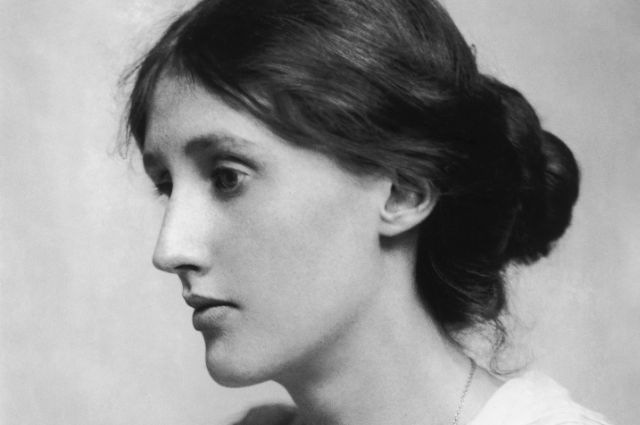March 28, 1941, marked the day Virginia Woolf penned her final, heart-wrenching letter to her beloved husband, Leonard. This poignant farewell, a desperate cry for release from the suffocating grip of mental illness, has become an enduring testament to the crippling loneliness that had long plagued the celebrated author.
A Life of Brilliant Darkness
Woolf's struggles with depression, bipolar disorder, and the societal pressures that exacerbated her condition, are well-documented. Her writings often veiled her inner turmoil, yet subtly cried out for understanding. In "Mrs. Dalloway," Septimus Warren Smith's struggles with shell shock and societal expectations mirror Woolf's own experiences. Similarly, "The Waves" explores the fragility of the human psyche, as characters grapple with identity, mortality, and the search for meaning.
The Mask of Normalcy
Woolf's seemingly idyllic life, marked by literary success and a loving partnership, belied the darkness she endured. This disconnect between outward appearances and inner reality resonates deeply with those struggling with mental illness today. How often do we mask our suffering, fearful of judgement or rejection? How frequently do we hear the hollow reassurances of "You'll get over it" or "Just be positive"? The weight of such avoidance can be crushing.
A Cry for Help
Woolf's letter strips away the literary veil, revealing a woman overwhelmed by her own mind. The pain is palpable, the isolation suffocating.
"I feel certain that I am going mad again. I feel we can't go through another of those terrible times. And I shan't recover this time." - Virginia Woolf
These words, scribbled in desperation, expose the devastating reality of living with mental illness. The fear of losing control, the exhaustion of pretending normalcy, and the anguish of being trapped in a prison of one's own mind.
Echoes of Loneliness
Woolf's letter serves as a stark reminder: mental illness is not a personal failing, but a desperate cry for support. Her words echo through time, validating the struggles of countless individuals who have felt similarly isolated.
"I don't think two people could have been happier than we have been." - Virginia Woolf
This poignant statement underscores the disconnect between outward appearances and inner reality. It highlights the crushing pressure to maintain a facade of happiness, even when the inner world is crumbling.
Breaking the Silence
Virginia Woolf's letter matters because it:
- Humanizes mental illness: Woolf's words dispel the notion that mental health struggles are a sign of weakness.
- Exposes societal avoidance: Her experience highlights the damaging effects of dismissing or minimising mental health concerns.
- Encourages empathy: By sharing her pain, Woolf inspires compassion and understanding.
- Validates the struggle: Her letter reassures those suffering that they are not alone.
A Call to Action
As we reflect on Virginia Woolf's haunting letter, let us:
- Listen without judgment: Create safe spaces for open discussions about mental health.
- Educate ourselves: Learn about mental illness, its signs, and its impact.
- Support those struggling: Offer tangible help, resources, and compassion.
- Break the silence: Share our own stories, fostering a culture of vulnerability and empathy.
The Power of Vulnerability
Woolf's letter stands as a testament to the enduring power of human vulnerability. By sharing her pain, she inspires us to:
- Embrace our fragility: Recognize that mental illness is a natural part of the human experience.
- Seek help: Encourage others to seek support, and seek it ourselves when needed.
- Create a culture of compassion: Foster empathy and understanding in our communities.
Virginia Woolf's suicide letter is more than a heartbreaking farewell; it's a powerful reminder of the importance of human connection. As we honour her legacy, let us at least try to create an environment where cries for help are met with compassion, understanding, and support; not neglect.

